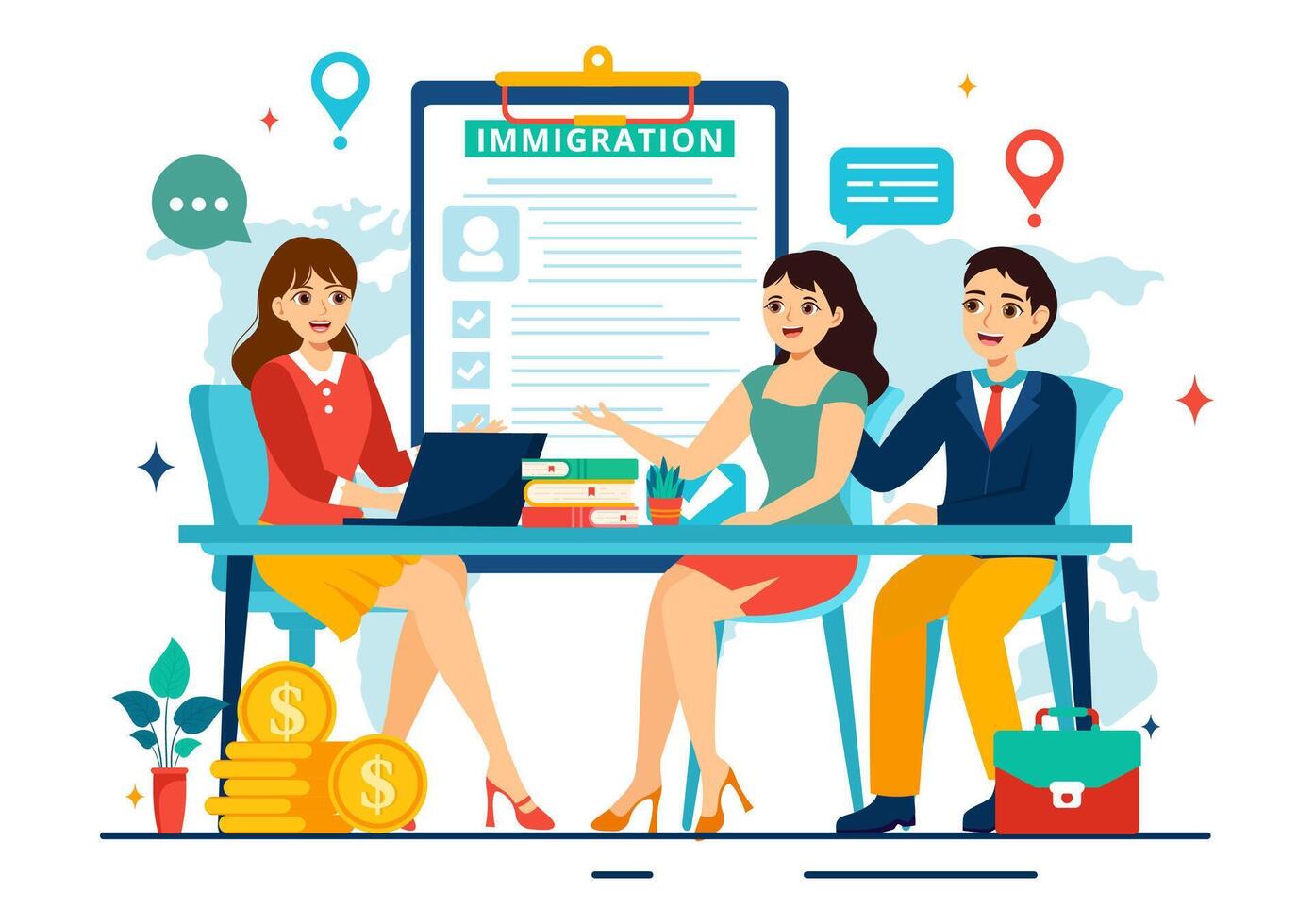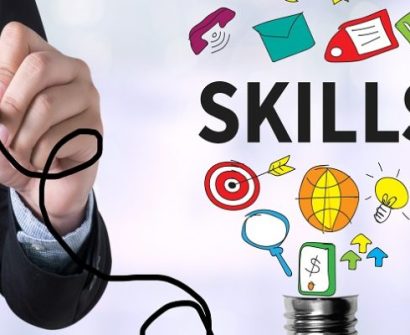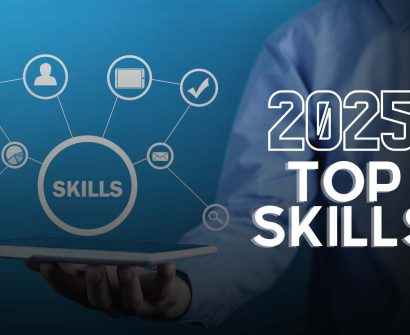Currently Empty: 0.00৳

In today’s rapidly changing world, learning the right skill isn’t just a good idea—it’s a lifeline to better opportunities, higher income, and personal freedom. Whether you’re a student, job seeker, or someone planning a career change, choosing the right skill to learn can set you on a path that transforms your life forever.
In this article, we’ll explore why learning a new skill matters more than ever, how it can open up doors you never imagined, and how to make smart choices about what to learn next.
The Power of a Single Skill
One well-chosen skill can:
- Land you your first job or freelance client
- Help you start your own business
- Make you financially independent
- Open global career opportunities
- Give you confidence and purpose
Take the example of graphic design. A young person with no college degree but solid design skills can start earning by doing simple projects—logos, posters, social media ads—and scale up to high-paying branding work or creative agency roles.
Now multiply this idea across other fields: coding, video editing, digital marketing, foreign languages, writing, photography, etc. A single skill, when practiced with intent, can change your life trajectory.
Why Skill Matters More Than a Degree Today
In the past, your degree decided your career. But now? Not anymore.
Employers, clients, and platforms want to see what you can do, not just what you’ve studied. Real-world skills are more valuable than ever. In fact, many top companies no longer require a formal degree. Instead, they look for:
- Practical skills (can you do the job?)
- Soft skills (can you work in a team, communicate well?)
- Experience (have you applied what you’ve learned?)
Whether you want to become a freelancer, get a job, or build your own business, your skill is your currency.
The Job Market Is Evolving — Are You?
Technology is reshaping the world. AI, automation, and digital platforms are creating and replacing jobs at a fast pace. Traditional “safe” jobs like data entry, clerical work, or even customer support are being automated.
But new opportunities are rising in areas like:
- Software development
- Artificial intelligence & machine learning
- UI/UX design
- E-commerce
- Content creation
- Data analysis
- Cloud computing
- Cybersecurity
- Digital marketing
- Online teaching
If you’re not learning something new, you’re falling behind. The world doesn’t wait.
Real Stories of Life-Changing Skills
Let’s look at a few examples—real people who learned a skill and changed their life:
1. Tania – Freelance Web Developer
Tania, a university dropout in Chattogram, learned basic web development on YouTube. After six months of practice, she started freelancing on Fiverr. Within a year, she was earning more than local engineers—without a formal degree.
2. Riaz – Video Editor
Riaz was working at a printing shop in Dhaka earning minimum wage. He learned video editing using free resources and started working with YouTubers. Now he earns in dollars from international clients.
3. Farhana – Digital Marketer
Farhana was a homemaker who started learning social media marketing during the pandemic. She now manages marketing for small businesses in her area and has launched an online boutique store.
These stories are not rare anymore. They’re the new normal—powered by skills, internet, and self-education.
What Makes a Skill “Right”?
Not all skills are equal for everyone. The right skill for you depends on:
- Your interests
- Your personality (e.g., introvert vs. extrovert)
- The job market
- Your learning style
- Your long-term goals
For example:
- If you love solving problems → try coding or data analysis
- If you enjoy creativity → try graphic design or video editing
- If you like talking to people → try sales or digital marketing
- If you’re detail-oriented → try SEO or bookkeeping
The key is to find the intersection between your passion and the market demand.
How to Discover the Right Skill for You
Here are some steps to help you find the right skill:
1. Explore Broadly
Watch videos, read blogs, and take free short courses in different fields. See what excites you.
2. Try a Free Project
Test the skill in the real world. For example, try designing a poster, building a simple website, or writing a blog.
3. Check Market Demand
Use platforms like LinkedIn, Upwork, Fiverr, or bdjobs.com to see what skills are in demand locally and globally.
4. Evaluate Your Strengths
Use career assessment tools like 16Personalities or Skillshare career quizzes to understand your work style.
5. Ask Professionals
Talk to people who work in that field. Ask them about income potential, challenges, and daily tasks.
From Skill to Earning
Once you learn a skill, here’s how it can lead to income:
- Freelancing: Offer your service on Fiverr, Upwork, or local clients
- Remote Jobs: Apply to global companies looking for skilled workers
- Productize: Create a course, eBook, or app and sell it
- Start a business: Use your skill to start a service or product-based business
Remember, you don’t need to be perfect. Many people start earning with just basic knowledge and improve along the way.
The Compound Effect of Learning
Learning one skill leads to learning another. For example:
- A graphic designer may learn branding
- A programmer may learn UI/UX design
- A content writer may learn SEO
- A digital marketer may learn data analytics
Each step makes you more valuable, more confident, and more independent.
Final Thoughts: Your Skill Is Your Future
Learning the right skill gives you freedom, confidence, and options. It lets you:
- Choose your work
- Choose your income
- Choose your lifestyle
You don’t need a perfect background, top marks, or even a lot of money. What you need is curiosity, consistency, and commitment.
So, if you’ve been waiting for the “right time” to learn something new, this is it. Don’t let confusion or fear stop you.
Pick a skill. Learn. Practice. Grow.
Your future is built by what you choose to learn today.




